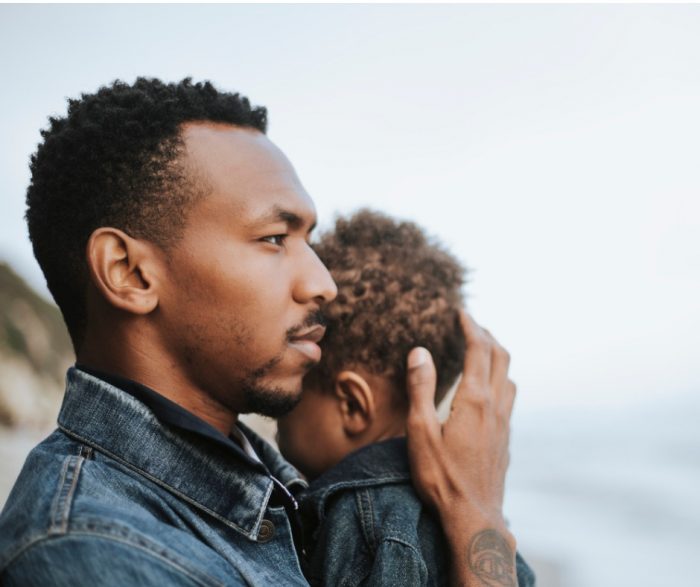If I were still in a classroom with young children, my message regarding war would be that peace should always be the goal, but war does happen.
I would explain to the children that when you disagree with your sibling or classmate, sometimes you get angry, but anger is no excuse to be disrespectful or cruel. That same thing would apply regarding war.
When war happens, it does not excuse nationalism or racism. War also does not justify murdering people or destroying where they live.
I would explain to the children in my classroom or home that the bad part of war is the war, and war includes many kinds of violence. Violence via lack of food. Violence via displacement. Violence via physical harm.
Not discussing war with children is political. When you avoid talking about controversial actions with children, you are saying any future outcome of those controversial actions is okay with you. When you avoid discussing war, you’re saying that you have no opinion on violence against others, and for children, no comment regarding an action — means that the action is fine.
A study by Dr. Rebecca Bigler and her colleagues at UT-Austin showed that children as young as 4-years-old showed bias based on race. Many other studies have shown that children placed assumed values on people’s behavior based on perceived race and perceived gender.
Children learn what to believe through systems. The loudest systems are wrapped in nationalism, racism, and misogyny, so not discussing hard issues with children implies to children that you agree with the current systems of oppression.
At all times we must explicitly promote the messages of peace, caring, kindness, and safety to our children. Still, during times of war, we must be even more explicit, because those who feel war is the only alternative will be promoting it in all facets of the media.
If you are around young children, remember that conversations regarding peace and kindness are conversations that should be taking place all the time. They should not just be taking place during times of conflict and war, as this suggests that we only need to work on peace during times of war.
Violence is wrong all the time, not just when people notice.
Peace is a continuous process, and people don’t need to die to experience it. Composer Jonathan Larson stated, “The opposite of war is not peace.”
The opposite of war is the absence of war.
We should never suggest to young children that war and violence are necessary. They are not. Also, we should never suggest that there is a good and bad side because binaries set up a world where someone loses for being on the wrong side.
The only wrong side is the side that harms others.
Margaret Mead said, “Be the change you want to see in the world.” Start the change with the young children in your space.







Read 0 comments and reply